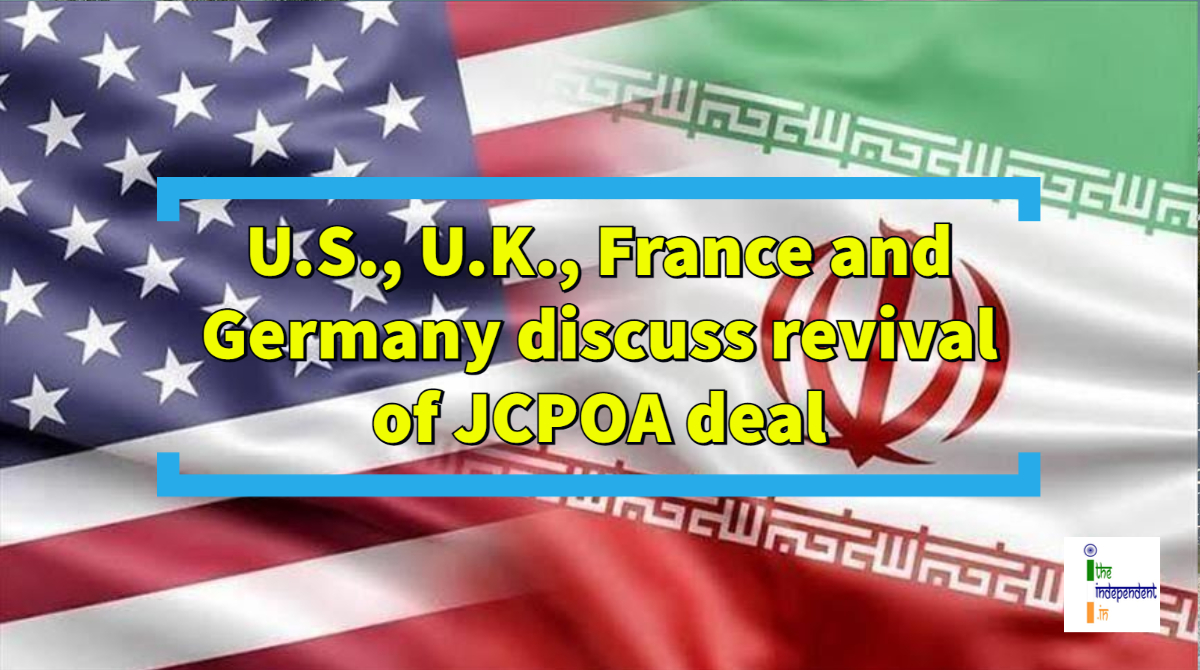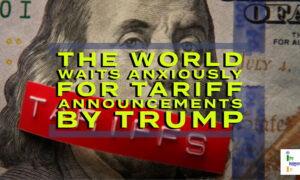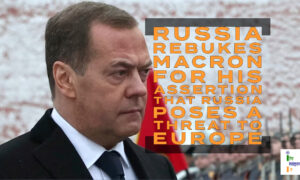
The leaders of Western powers engaged in Iran’s nuclear talks and discussed efforts to revive the 2015 JCPOA accord
The President of the United States (U.S.) – Joe Biden, Prime Minister of United Kingdom (U.K.) – Boris Johnson, President of France – Emmanuel Macron and Chancellor of Germany – Olaf Scholz held a discussion on Sunday, i.e., August 21, 2022, to review the now abandoned Joint Comprehensive Plan of Action (JCPOA) deal.
The JCPOA deal was signed on July 14, 2015, in Vienna. The members to the deal included Iran, the P5+1 (the 5 permanent members of the United Nations Security Council—China, France, Russia, U.K., U.S. – plus Germany) and European Union (E.U.). It stated that Iran will eliminate its stockpile of medium-enriched uranium, cut its stockpile of low-enriched uranium by 98%, and reduce by about 2/3rd the number of its gas centrifuges for 13 years. For the next 15 years, Iran would only enrich uranium up to 3.67%. However, the deal fell through when the then President of the U.S. – Donald Trump revoked the nuclear deal in 2018, calling it too soft on Iran, and reimposed harsh U.S. sanctions, spurring Iran to begin breaching its limits on uranium enrichment.
A Statement from White House read, “In addition, they discussed ongoing negotiations over Iran’s nuclear program, the need to strengthen support for partners in the Middle East region, and joint efforts to deter and constrain Iran’s destabilising regional activities.”
Prior to this, the European Union (E.U.) and U.S. said they were studying Iran’s response to what the E.U. has called its “final” proposal to revive the deal, under which Iran curbed its nuclear programme in return for economic sanctions relief.
As per the E.U.’s final proposal, once the new agreement is signed, sanctions on 17 Iranian banks as well as 150 economic institutions will be lifted. Iran will also immediately begin to reverse the steps it took to advance its nuclear technology, which is now beyond the scope of what the United Nations (U.N.) nuclear watchdog – International Atomic Energy Agency.
Within 120 days of signing the agreement, Iran will be permitted to export 50 million barrels of oil per day. The deal also includes the release of U.S. $ 7 billion of Iran’s funds, which are currently being held in South Korea. The U.S. will have to pay a fine in the event it withdraws from the nuclear agreement again, as it did under the administration of Trump in 2018.
Failure in the nuclear negotiations could raise the risk of a regional war, with Israel threatening military action against Iran if diplomacy fails to prevent Tehran from developing a nuclear weapons capability. Iran, which has long denied having such ambitions, has warned of a “crushing” response to any Israeli attack.







